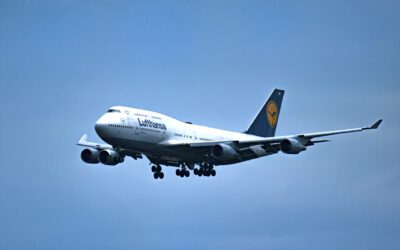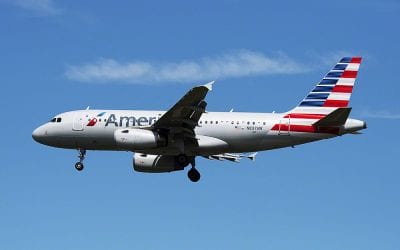For many travelers, frequent flier miles are less about free tickets than about getting out of the sardine-can seating in the back of the plane.
Since airlines would of course prefer to sell those premium seats, booking in advance has historically made a big difference. Even if upgrades are sold out, or the carrier has not yet decided how many premium seats to allot, being added early to the wait list has made a big difference.
However, these days advance planning matters relatively little. For that matter, status alone doesn’t mean as much as it once did. Not surprisingly, the changes are about money — more money for the airlines.
1. Forget the “complimentary” unlimited upgrades. Complimentary upgrades are issued after travelers using mileage awards get theirs. The limited “confirmed” upgrades go to very premium travelers and those willing to pay. This means, on popular routes, there are almost always people willing to spend miles to move up front (or frequent flier VIPs).
2. More discounted premium seats. Airlines have an increased number of discounted premium seats. While the formula often remains a secret, fares in business class cross-country have been available in the $600 one-way range for some flights in 2015 — usually in markets with a lot of competition.
And where there once might have been one or two premium fares, now an airline may have more than a dozen different discounted prices for the same route, depending on advance purchase and load factors. (San Francisco to Newark, for example, has 18 different one-way first class fares.)
3. Early booking doesn’t help. On some flights, booking almost a year out doesn’t help, because airlines don’t release upgrade seats on all flights, even without a single seat in business or first class sold.
Plus, being on the wait list months in advance doesn’t help, because other travelers can and do leapfrog you, by having higher elite status and/or paying more money.
4. Price trumps everything. For travelers with equal status, the ticket cost is the most important factor when it comes to upgrades. While wait list formulas are a black art, being able to see wait list status (as on United.com) within 24 hours of a flight makes it crystal clear that the way to be on the top of the wait list is an expensive fare.
I’ve had this work for and against my clients, as last-minute travelers paying higher prices end up getting upgraded at the airport, while bargain hunters, even at the highest status levels, find themselves with a double-digit number for their place on the list.
5. “Instant upgrade” fares. American, United and Delta have coach fares that promise “instant” upgrades after ticketing. Generally, membership in their frequent flier program is required. In practice, these upgrades are limited. And, while they are easier to get than mileage upgrades, instant upgrades may not be available even with plenty of premium seats.
Many times, the unrestricted coach fare in question may be higher than a discounted first class fare. Yet the higher-priced instantly upgradeable fares are increasingly popular. They usually don’t have penalties for changes and they give travelers plausible deniability on reimbursement should corporate travel policies require coach seating.
Here’s an example: A 1K traveler going from Boston to Seattle with little notice this week was looking at close to a $600 one-way fare. The “instant upgrade” fare was $729. But the upgrades were “sold out,” according to United. On the other hand, a nonrefundable discount first class fare was $723.
In this case, the client didn’t care as long as the price was lower. But many travelers can only be reimbursed for coach tickets, so I’ve had plenty of people choose the higher coach fare and take the chance an upgrade might open up.
6. Upgrades at the airport. I’ve had this happen to several clients and to me personally. On a recent trip to Washington, D.C. I was number two on the wait list using mileage two hours before the flight, and there were two seats left in first class. At the airport, when I dropped off a bag, the kiosk offered me a confirmed upgrade for $200. Since I had a good exit row seat and a pillow in coach, I declined.
Later, just prior to boarding, while refreshing the upgrade list on my laptop, I saw that the name in front of me, which I recognized, was still wait-listed, while first class was full. So, I have to assume United found two people to take them up on their offer.
While these last-minute offers vary, at least based on reports from my clients, they seem to be increasing. One client told me he never paid business class from Dulles to Frankfurt, and got an upgrade offer for several hundred dollars most times.
For those spending money, all of these new ways to pay more to sit up front have to be a nice development. But, actually, they are six more ways that miles and status are being devalued.
Janice Hough is a California-based travel agent a travel blogger and a part-time comedy writer. A frequent flier herself, she’s been doing battle with airlines, hotels, and other travel companies for over three decades. Besides writing for Travelers United, Janice has a humor blog at Leftcoastsportsbabe.com (Warning, the political and sports humor therein does not represent the views of anyone but herself.)



